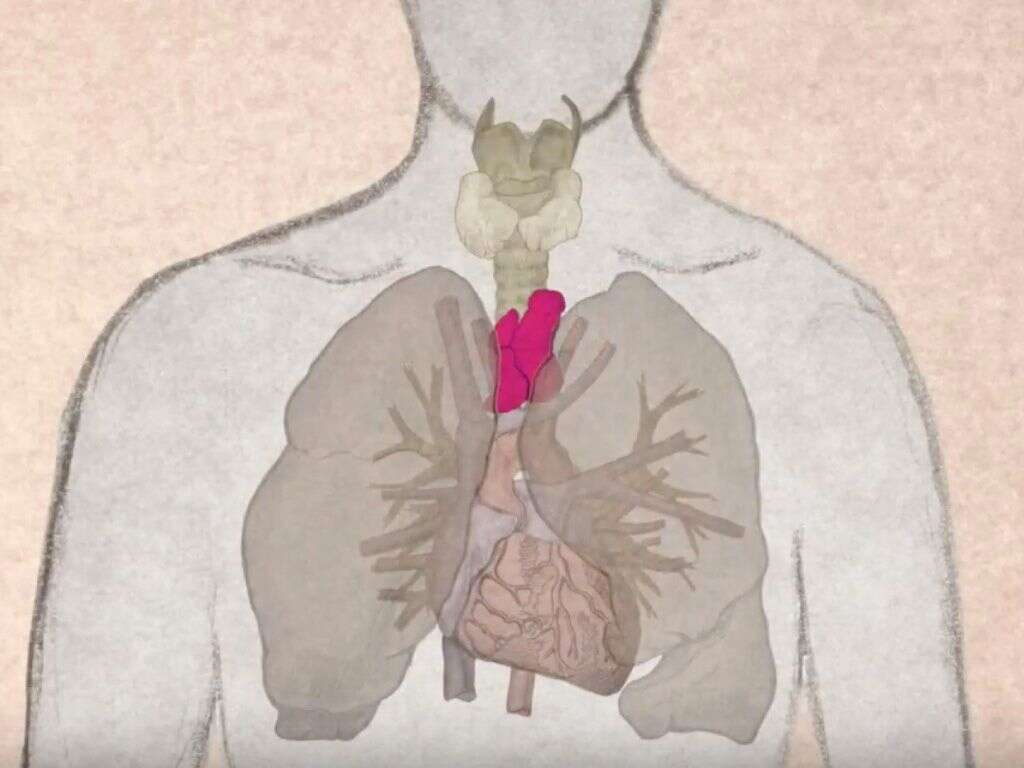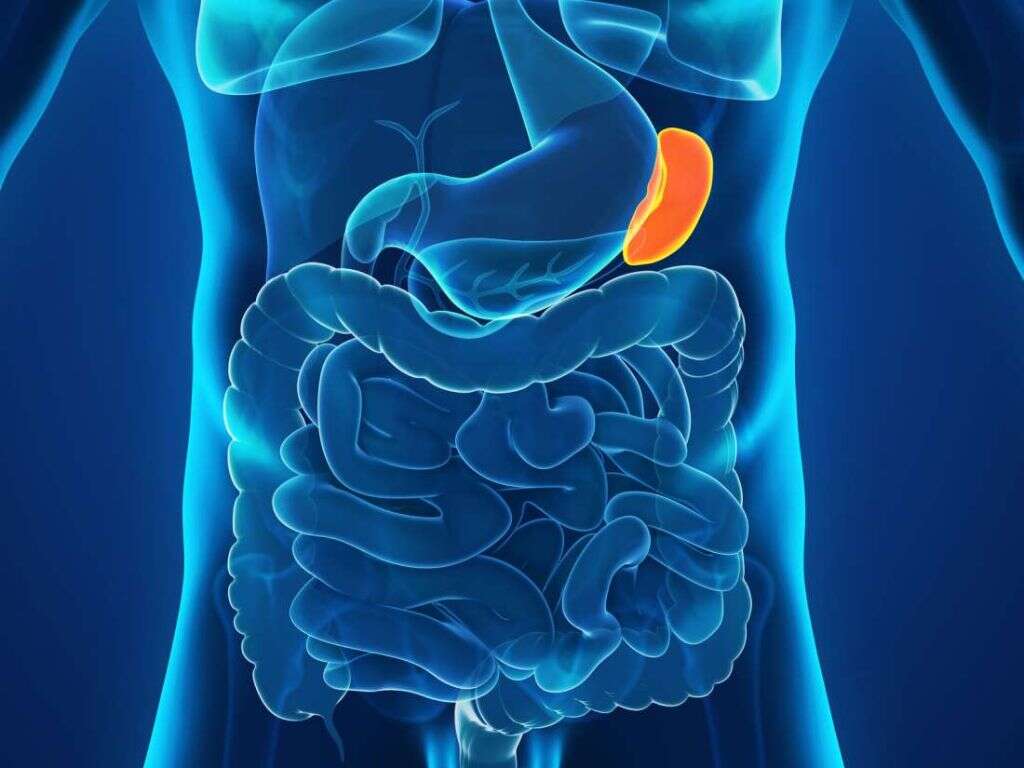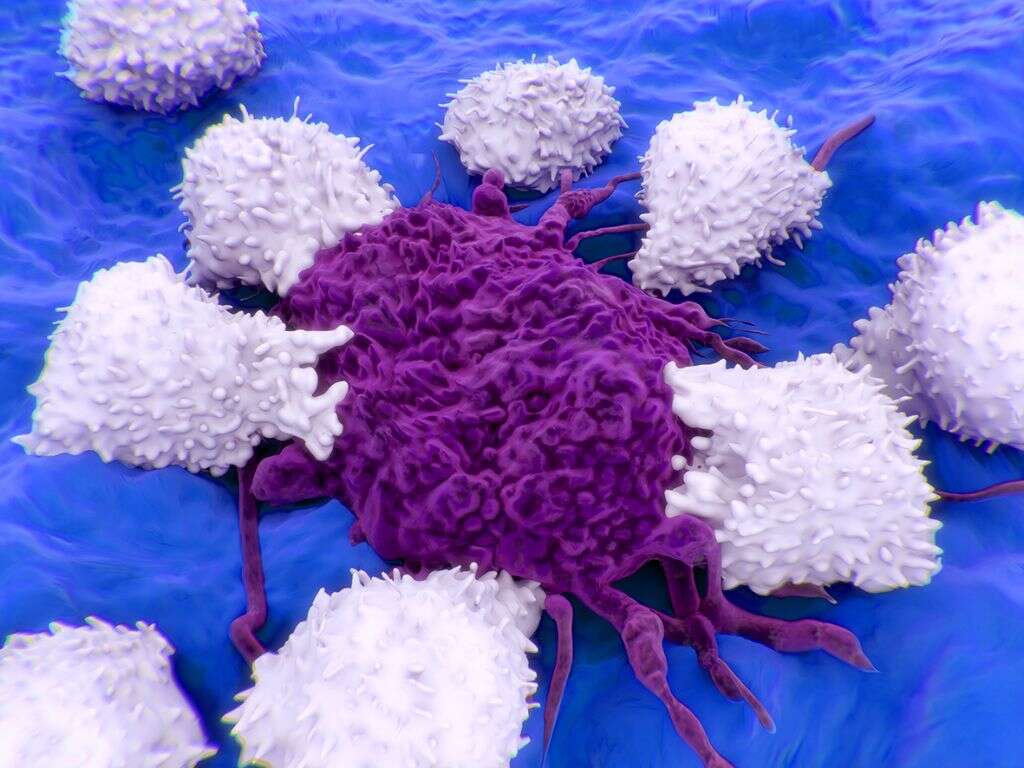What Does the Spleen Do?
The spleen is a small organ located in the upper-left side of the abdomen under the diaphragm and behind the stomach. Its location is between the ninth and the eleventh ribs. An average, healthy spleen is about one inch thick, three inches wide, five inches long, and weighs about seven ounces. If, however, the spleen has an infection or inflammation, it could be enlarged and weigh as much as four pounds.
On the outside, the spleen is covered by smooth tissue that forms a capsule under which are two main types of tissues called the red pulp and the white pulp. Each of the two types of tissue has its unique functions: one relating to blood, and the other relating to lymph fluid. Although the spleen is small in size, it is an important organ with multiple roles in the body.

1. Filters Blood
Filtering blood is one of the most important functions of the spleen. Similar to other cells in the body, blood cells age and others are damaged. When this happens, the affected cells no longer function as well as they should. In this state, having them within circulation affects blood functions negatively, hence the need to remove them.
The spleen is equipped with the ability to filter blood and to remove the old and damaged cells. The blood supply for the spleen comes from the splenic artery. Filtration of blood occurs in the red pulp. Once removed, the old and damaged red blood cells are broken down and the resultant raw materials, specifically iron, is used to produce new cells.

2. Breaks Down Old and Damaged Blood Cells
Once old and damaged cells are filtered out, a type of white blood cell in the spleen called macrophage goes on to break them down. This ensures that the damaged cells can no longer get back into circulation.
The resultant materials, which include iron and proteins, are then stored within the spleen ready for recycling to produce new red blood cells in sites within the bone marrow.
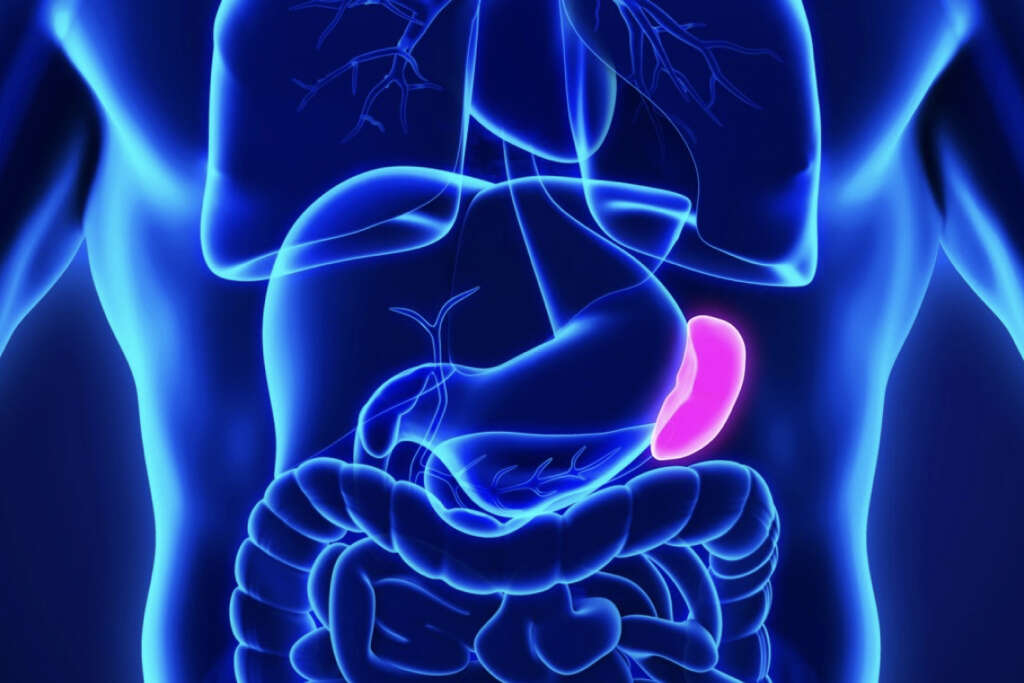
3. Stores Blood
The spleen has an intricate network of blood vessels that can expand to accommodate more blood. Studies show that the spleen stores about eight ounces of blood. This blood is held as reserve for when it may be required within the body; for instance, following an injury that causes a significant loss of blood.
Additionally, the spleen stores platelets. These are blood components that are necessary for blood clotting, which is necessary for stopping loss of blood resulting from injury. It is also worth noting that in the spleen’s blood reserve are white blood cells whose role includes fighting infection.

4. Helps Fight Infection
White blood cells are critical players for the maintenance of good health. They protect the body by either destroying invading pathogens or producing antibodies to fight against infection. The spleen produces certain types of white blood cells called lymphocytes that help to protect the body from infection.
Other types of white blood cell called T. lymphocytes and B. lymphocytes, which are produced in the thymus gland and the bone marrow respectively, travel to the spleen from where they activate immune response and the production of antibodies to fight infection. This function, which takes place within the white pulp, makes the spleen an important component in the maintenance of good health.
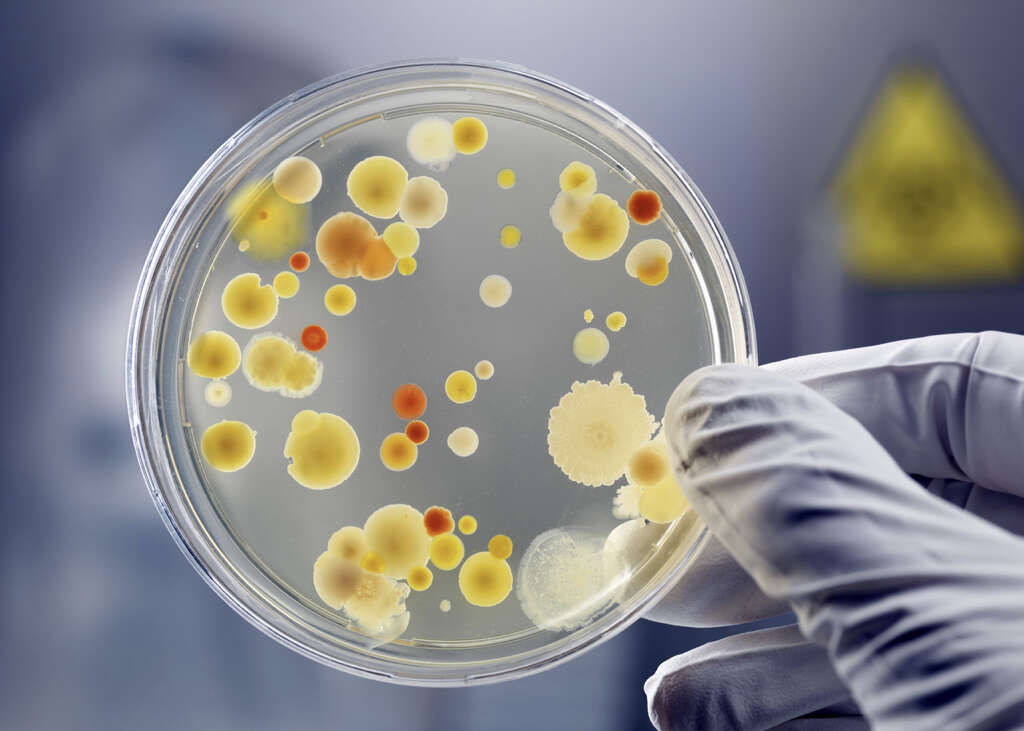
5. Produces Fetal Red Blood Cells
Red blood cells contain hemoglobin, the compound responsible for transporting oxygen to various parts of the body. Oxygen is important for breaking down glucose into the energy that the body needs to carry out its many functions.
While in the adult, red blood cells are produced in bone marrow; in a developing fetus, red blood cells are produced in the spleen. This means that the spleen is a critical organ in a developing fetus. However, after the fifth month of development when the bones are already developed, the spleen stops producing red blood cells and the function is taken over by the bone marrow.
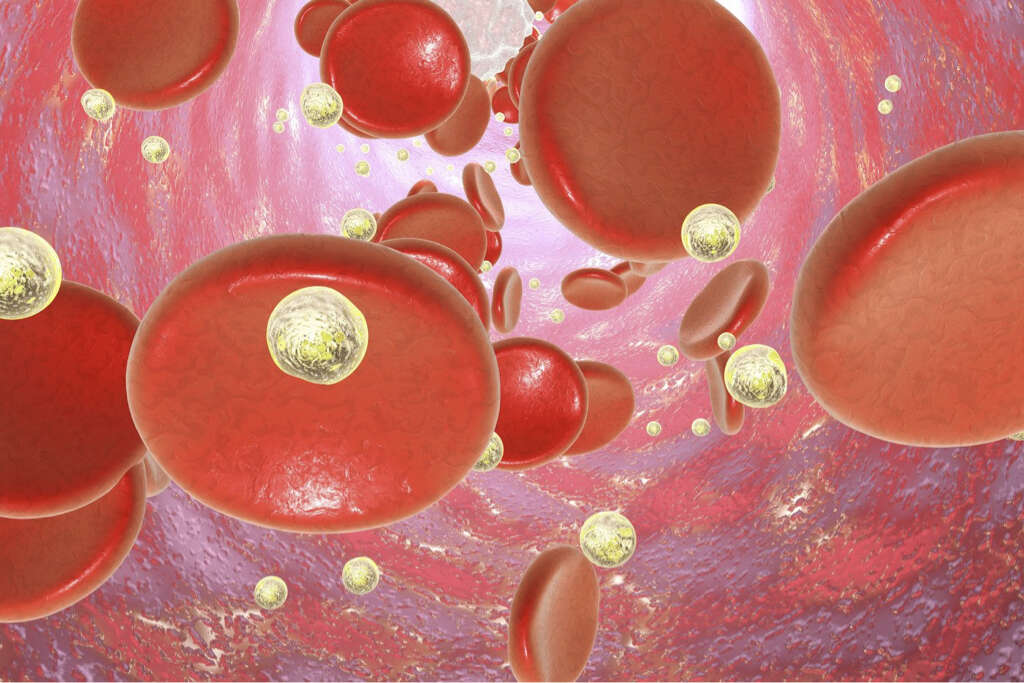
6. What If the Spleen Malfunctions?
Because the spleen is such an important organ in the body, if something goes wrong, it may end up malfunctioning. This would have a negative effect on the systems and processes served by the spleen including blood supply, immune system, and clotting of blood after injury. Depending on the malfunction, the spleen can lead to anemia if it destroys a large number of healthy red blood cells.
It may also be difficult for injuries to stop bleeding if the spleen does not provide adequate platelets to aid in blood clotting. A diseased spleen can also increase the risk of infections as a result of reduction in the numbers of white blood cells.
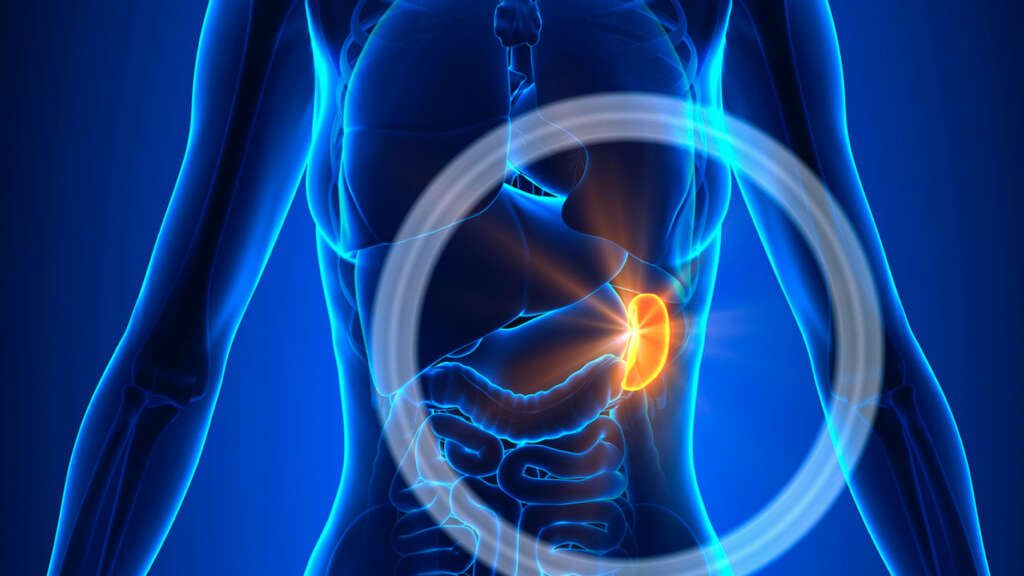
7. Enlarged Spleen
The spleen can become enlarged, a condition called splenomegaly, as a result of disease or injury. Diseases that may lead to an enlarged spleen include rheumatoid arthritis, cirrhosis, and leukemia. An enlarged spleen will usually be less efficient in performing its normal functions.
Symptoms of an enlarged spleen include fatigue, bleeding easily, a feeling of abdominal fullness soon after you start eating, and pain or discomfort under your left ribs. Some people may have an enlarged spleen without symptoms. If you notice any of these symptoms, it is advisable to consult a doctor for examination, testing, and treatment. Many cases of an enlarged spleen can be treated successfully with medication.

8. Sickle Cell Disease
Sickle cell disease can interfere with the working of the spleen. This happens because the sickled cells can be trapped within the spleen. This can lead to injury within the tissues of the spleen. It can also lead to splenic sequestration crisis, which can cause serious anemia that may necessitate blood transfusion.
Sickle cell disease can also damage the spleen, and cause splenomegaly and spleen dysfunction. This is the reason why a person with sickle cell disease is at a high risk of infection.
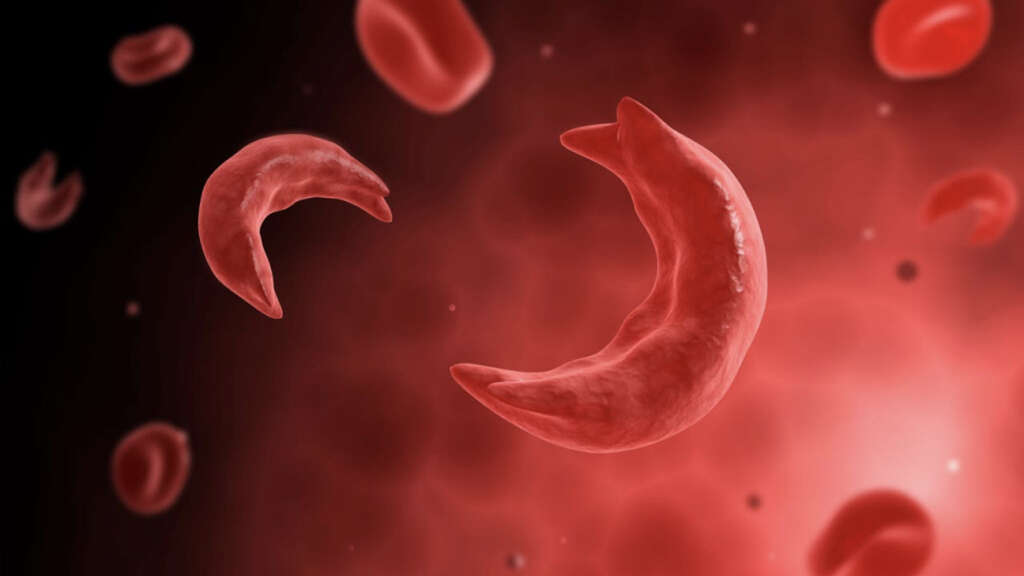
9. Infections
Although the spleen is part of the disease-fighting mechanism in the body, it can also be infected. If pathogens such as viruses infect the spleen it may become enlarged in a similar manner to what happens to lymph nodes when an infection develops close to its location.
Infections that commonly cause spleen enlargement include mononucleosis and malaria.
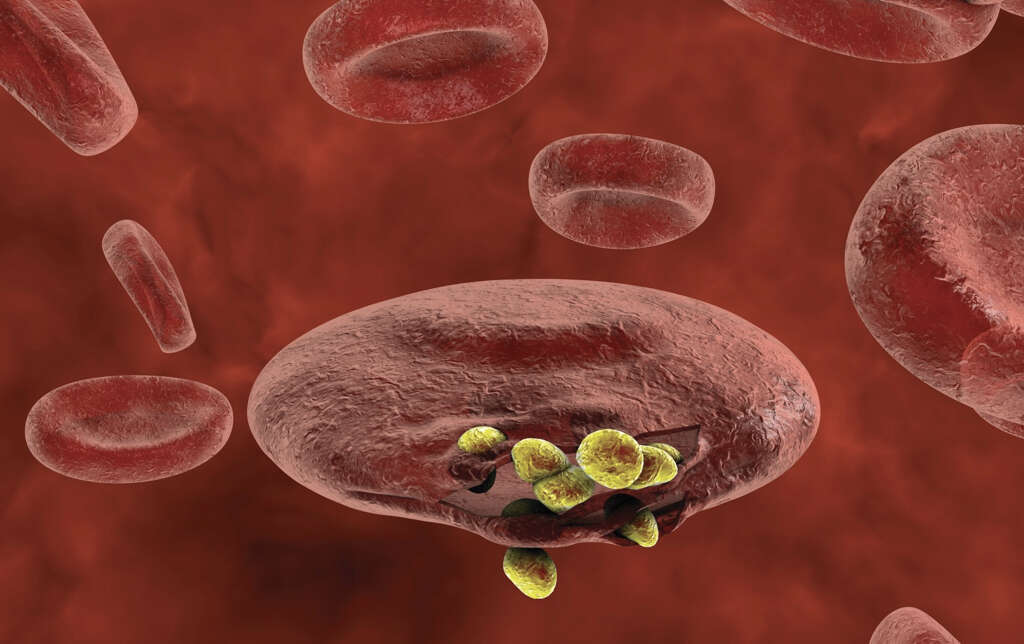
10. Trauma
Trauma such as a motor vehicle accident can cause serious injury to the spleen. This can cause pain and swelling of the spleen. In case the trauma causes spleen rupture and internal bleeding, it can be a serious emergency requiring immediate attention.
Symptoms of a ruptured spleen include pain and tenderness in the left side of the upper abdomen, rapid heartbeat, and dizziness.




